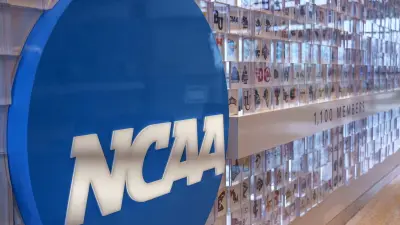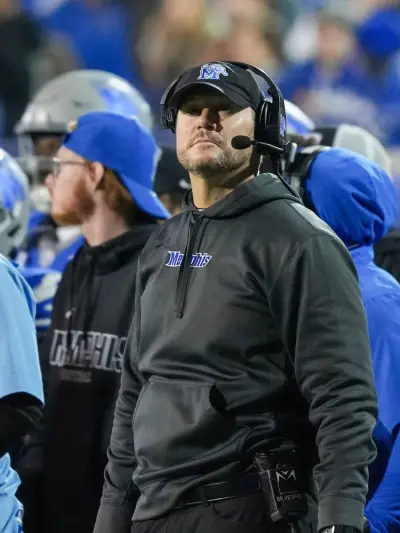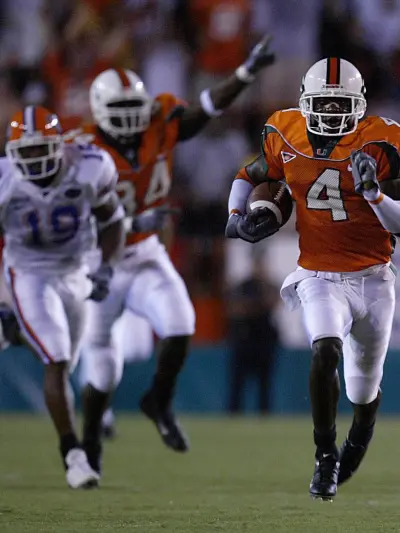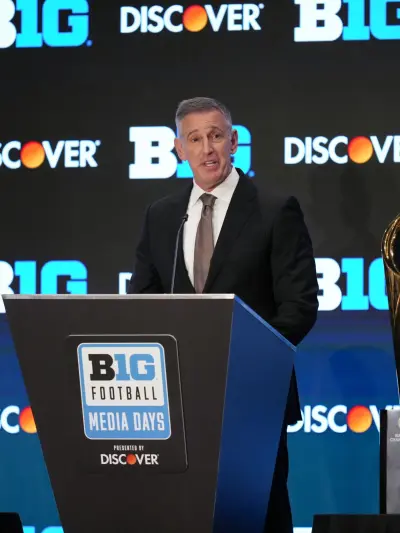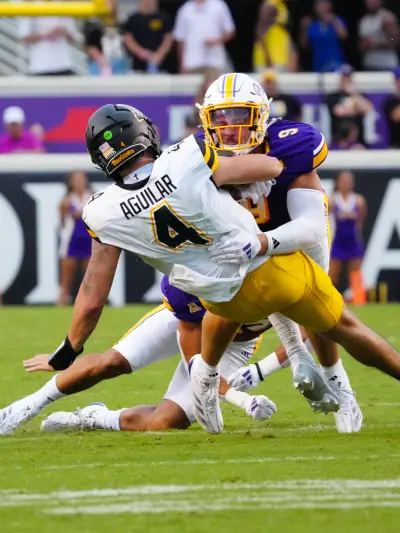By Tony Thomas
College football, a fine sport loved by millions of fans nationwide, is essentially controlled by
two major college conferences: the Southeastern Conference and the Big Ten.
The brokers of power at the Big 12, Big Ten, the ACC as well as the SEC have proposed that
strict enforcement of transfers and NIL be administered by a private, yet unnamed group who
would be responsible for doling out punishment to violators: significant fines, suspensions of
coaches, a reduced share of revenue generated, NIL deals rejected if they don’t fit certain criteria
and players ruled ineligible if they take the money and run.
Yet another nail in the coffin of the disgraced NCAA
The 100+ year-old NCAA is dead. It is an organization that is a shell of its former self. In the last
five years, they have created the Transfer Portal and Name, Image and Likeness (NIL). Both
have caused upheaval and havoc on the college football landscape.
The NCAA created these sweeping programs without so much as a rule book or policy memo on
how to properly govern and enforce the portal and athletes earning money off their name.
College football has been the Wild West
The transfer portal has killed the concepts of commitment, team, esprit de corps, and
brotherhood. Dollar signs have replaced these virtues. Players just want to know how much
money they are going to make.
The NCAA would rather hide in a closet and watch the bedlam from afar than step in and create
some kind of structure, for fear of being dragged into court. Their reputation has been forever
tarnished and respect for the once powerful organization is non-existent.
But one major college football coach in the SEC thinks this new enforcement proposal could work.
LSU’s Brian Kelly is in support of this
Reported by Ross Dellenger, Kelly was interviewed by Yahoo Sports and he said “There will be
real enforcement. It will be an across-the-board consistent [power conference] enforcement with
severe sanctions. They will be quick. They will be swift. I think everybody will be on board with
that.”
Proposed privatized enforcement with no name and no leadership in place to take control of a
sports entity that generates hundreds of millions in revenue annually does not exactly give the
impression of transparency. Could this be another power play by the SEC and Big Ten to solidify
their stranglehold on college football? We shall see.
